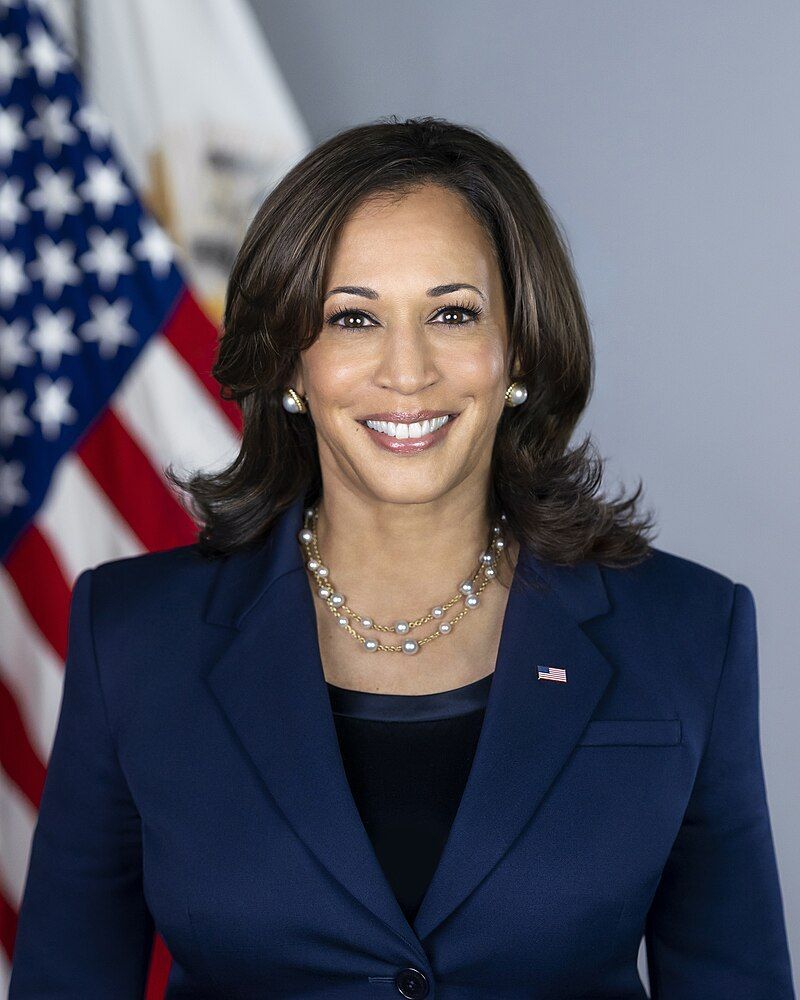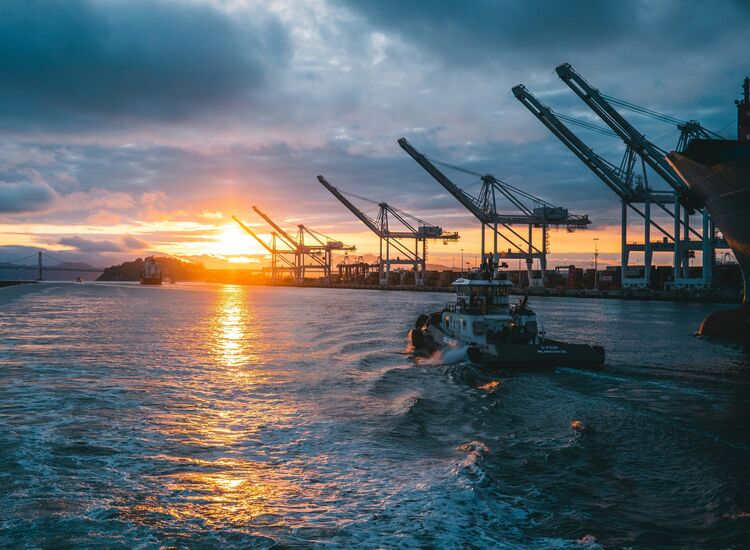Inflation is likely to be the main issue in the November elections. Not current inflation, now nearing the Fed’s desired two percent, but rather the inflation that spiked in 2022.
There are those who argue that since over a million American citizens died and many businesses slowed or shut down during the pandemic, we got off fairly lightly, particularly since the economy bounced back so quickly.
But who to blame for the rise in prices? Well, in hindsight, the Biden administration probably pumped an excess of federal funds into the economy in order to prevent a meltdown; still, it’s hard to blame them given that the Obama crew didn’t commit enough resources, thereby allowing the Great Recession to linger for years longer than necessary.
Post-pandemic prices spiraled because of ongoing shortages; this was compounded by supply routes taking time to work effectively again, what with the Russian invasion of Ukraine and ongoing turmoil in the Red Sea.
We’ll never know just how prevalent price gouging was – except to note that overall corporate profits have remained high, especially since 2021.
Without government controls, prices tend to go up like a rocket but come down like a feather. In other words, unless you stop buying a product, few corporations are likely to drop their prices.
It’s important to remember that the U.S. is not alone, in almost all 44 advanced economies prices rose substantially.
Donald Trump.
So what economic policies can we expect from the two current presidential candidates?
Vice-President Harris will likely continue President Biden’s economic policies, after all, the U.S. has the world’s best economic recovery from the pandemic. She also promises to take on big corporations that engage in price gouging, particularly in the food and grocery sectors.
The Biden administration invested much in infrastructure, and chip manufacture, both of which should pay dividends in the coming years; and with interest rates likely to fall, the housing market should bounce back – all of which could allow her a certain amount of economic cruise control.
Harris campaign officials, however, insist that she will honor Biden’s pledge to reduce the $35 Trillion National Debt by $3 Trillion over ten years through raising taxes on corporations and high earners.
Republicans used to care greatly about such deficits, not to mention free trade. Yet President Trump has declared that if re-elected he will introduce a tariff of from 10% to 20% on all imported goods, with the Chinese having to pony up 60%.
This is a surefire recipe for inflation as import prices will rise accordingly. Guess who’ll pay the piper?
As an example, back in 1930, in an effort to protect local industries and farmers after the stock market crash, the U.S. introduced high tariffs. Not surprisingly, other countries retaliated with their own tariffs, a trade war ensued, commerce decreased, currencies were devalued, all leading to a worldwide depression.
JD Vance.
One would think Mr. Trump is aware of such consequences. But then Mexicans paid for the wall he built for them, didn’t they?
Speaking of which, Mr. Trump’s proposed immigration policies are hardly inflation-proof. From what one gathers, he plans to round up millions of illegal immigrants, intern them, then send them back from whence they came.
This proposal would have caused wholesale alcoholic consternation up on Bainbridge Avenue back in the day, but young Irish illegals appear to be giving us a pass. As an outward bounder remarked to me in a Dublin Airport bar, “The States is too stressful, the craic is way cooler down under.”
The Pew Research Center estimates that the current unauthorized immigrant population is in the 12 million range. Even deporting one million for starters, as JD Vance suggests, would be a monumental task. Who does the arresting, the cities, states or the Feds? Where do you keep the apprehended, where do you send them? Who pays for it?
And from an inflation point of view who replaces these low paid workers? Their loss would cause wages, and inflation, to soar. Fancy a job picking lettuce in California or processing poultry in Pennsylvania?
Tariffs rarely work but can cause damage beyond inflation. History will testify to that - particularly in the case of the rise of authoritarianism in the 1930’s. And as for mass deportation, ever try living in a police state?
Very few economists predicted post-pandemic inflation, though it seems obvious now. But a country that introduces mass tariffs, not to mention mass deportation, does so at its own peril.








